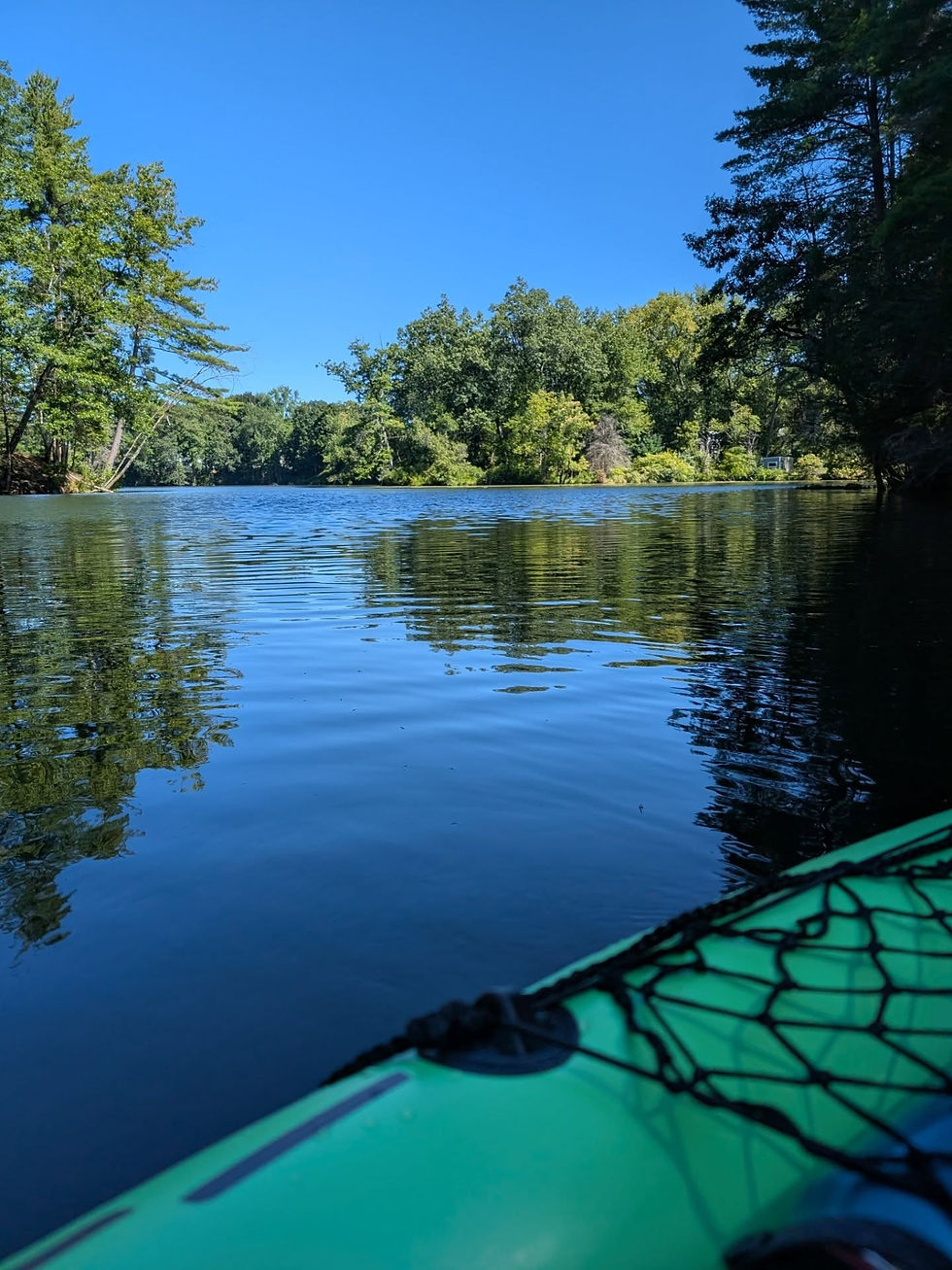"You're So Brave"
- jesspare84
- May 29, 2025
- 2 min read
When people hear that I burned out of my corporate job and took a medical leave of absence, a lot of them say some version of this:
“Wow, that’s so brave of you.”
They mean well. I know they do. They want to affirm me. They’re trying to offer a compliment. But every time I hear it, something in my body tightens. I smile politely, but inside I flinch. It lands wrong.
It’s taken me a while to understand why. But here’s the truth: I didn’t feel brave. I felt broken.

Burnout didn’t come on like a clear choice. It wasn’t a bold stand or a radical act of self-love. It was a collapse. A quiet implosion after years of trying to keep it all together. I didn’t step away from my job because I was fearless—I stepped away because I couldn’t function. Because my body and nervous system gave out. Because the pain of staying was finally greater than the fear of leaving.
So when someone calls it “brave,” it can feel like they’re naming a victory I didn’t have.
Like they’re skipping over the reality of what it cost me just to say I can’t.
And sometimes, “You’re so brave” feels more like “I could never do that” in disguise. As if what I did is so foreign or admirable that it can’t also be deeply human. As if collapsing under impossible expectations isn’t something we’re all a little too close to in this culture.
Here’s what I wish we could say instead:
“That must’ve been so hard.”
“I imagine that wasn’t a choice you made lightly.”
“How are you doing now?”
Or maybe just: “Thanks for trusting me with that.”
Because what I needed in those moments wasn’t to be praised. I needed to be witnessed. I needed to feel like I wasn’t the only one who had hit a wall. I needed to be reminded I wasn’t weak, lazy, dramatic, or alone.
And maybe that’s where the real bravery is—not in leaving the job, but in telling the truth about what led me to that point. In letting myself unravel. In learning to rest. In rebuilding not just my capacity, but my entire relationship to worth, work, and wellbeing.
So yes—call that brave, if you want. But only if we also tell the whole story. The story where bravery isn’t shiny and triumphant. It’s tender. Messy. Unplanned. Necessary.
And maybe, most of all, deeply human.




Comments